Eight of the best: the year in books
InReview’s Diary of a Bookseller columnist casts her eye back over 2021 to select her favourite fiction and non-fiction reads with themes including love and marriage, sex and power, family and faith, racism and resilience.

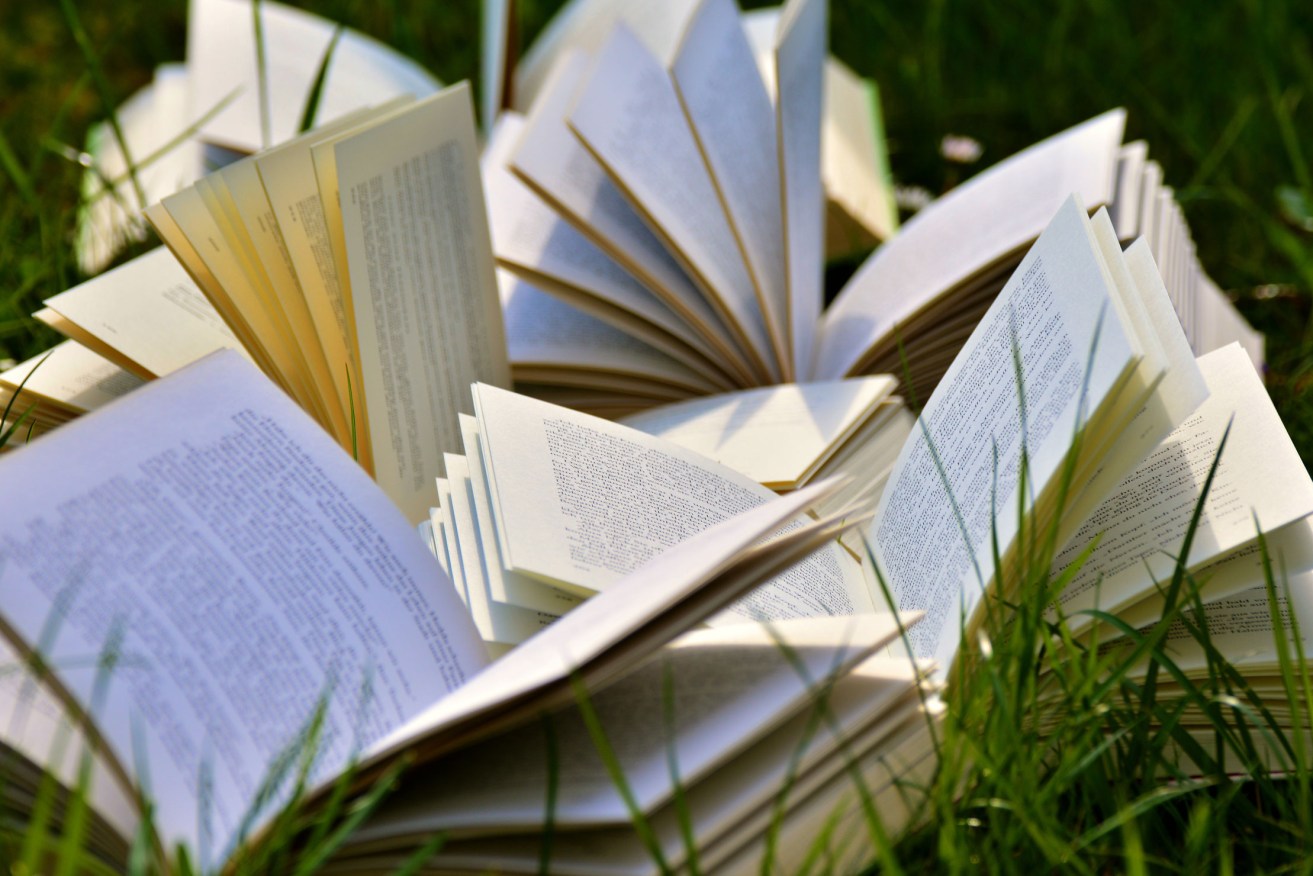
It’s very hard, as someone whose only real hobby is reading, to come up with a Best Books selection at the end of each year. But it’s also fun to look back and remember what I’ve read. Here is a hard-won selection of my favourite reads from 2021. To make it easier to narrow down, I’ve choosen Australian books only.
FICTION
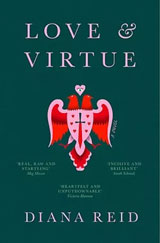 Love & Virtue
Love & Virtue
Diana Reid, Ultimo Press
A sparkling, dry-witted campus novel about love, friendship, sexual politics, class, morality and becoming yourself. Middle-class scholarship girl Michaela falls into passionate friendship with wealthy, calculatedly charismatic Eve in their first days at Sydney Uni. At the same time, she works hard to effortlessly fit in with the popular crowd, ignoring its underlying misogyny. A drunken O-Week encounter, a dangerous crush and a shocking betrayal will combine to make her question everything. There’s echoes of Donna Tartt’s The Secret History and Curtis Sittenfeld’s achingly incisive insider-outsider college novel Prep – and Love & Virtue’s exploration of sex and power feels like a thematic sequel to The First Stone (Helen Garner).
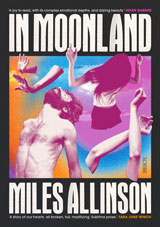 In Moonland
In Moonland
Miles Allinson, Scribe
This achingly exquisite novel in parts, traversing three generations, explores faith and belief, masculinity and parenthood. New father Joe becomes obsessed with finding the truth about his own charismatic, episodically violent (but loving) father Vincent. The key seems to lie in Vincent’s 1970s experiences in a cult in India, where members were urged to release their “total” selves. And Joe’s daughter, Sylvie, visits her distant father in a near-future of environmental collapse, where hope and idealism are in short supply. While Allinson’s narrators are cynical and disillusioned, the novel is compassionate, cherishing the flawed humanity of its characters.
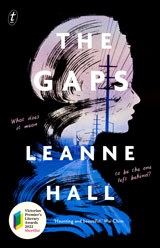 The Gaps
The Gaps
Leanne Hall, Text
This clever, thoughtful, addictive YA novel revolving around the abduction of a high-school girl, Yin, is less about solving the mystery than exploring the effect of sudden violence on a community, our complex relationship with dead-girl narratives – and what they reveal about us. Fringe-dwelling scholarship student Chloe watches it unfold on the TV news, and at school the next day, “the whole year level is infected”. Acerbic queen bee Natalia alternates narration with Chloe, and an unlikely connection emerges between her and orchestra nerd Yin. An art project offers an opportunity for Chloe and Natalia to express their own complex feelings about Yin’s disappearance. The Gaps is a novel for adult readers, too.
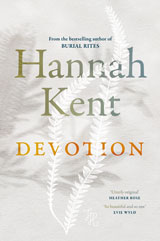 Devotion
Devotion
Hannah Kent, Picador
Hannah Kent’s queer love story with a supernatural element, Devotion, is both a thrilling departure and a superb continuation of her career as a historical novelist. Hanne, a nature-worshipping young woman knitted into a close Lutheran religious community, falls deeply for Thea, a newcomer whose mother is rumoured to practise witchcraft. Kent is equally at home with writing the detail of the village’s difficult journey across the seas to South Australia, the lush romanticism of Thea and Hanne’s connection (and Hanne’s communion with her environment), and the complexities of the European displacement of the Peramangk people of what is now the Adelaide Hills.
NON-FICTION
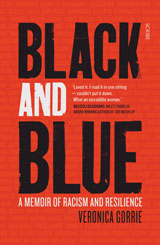 Black and Blue: A Memoir of Racism and Resilience
Black and Blue: A Memoir of Racism and Resilience
Veronica Gorrie, Scribe
The powerful, revelatory, engrossing story of an Aboriginal woman who worked as a Queensland police officer for 10 years before resigning, broken by the system. Gorrie also writes about her childhood, moving (with her three brothers and sisters) between the security of her Aboriginal father and the chaos of her violent, alcoholic white mother – alternating between safety and danger – and her own abusive relationships that followed. Her complex reporting from the inside – capturing the culture of police work, empathetic insights into the communities she policed, and the generational legacy of dispossession and institutionalised violence – can feel like The Wire, if it was narrated by a Black woman who’s survived generational disadvantage, poverty and domestic violence.
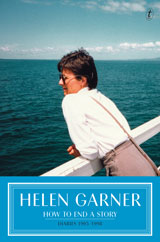 How to End a Story: Diaries 1995–1998
How to End a Story: Diaries 1995–1998
Helen Garner, Text
I was riveted by the first two volumes of Garner’s diaries, with their sublime fragments of truth and insight, but this compellingly propulsive book, structured like a novel, is perhaps her best. It’s a devastating portrait of the end of a marriage told over three difficult years. Modernist novelist “V”, seemingly threatened by Garner’s success, denies an affair with a neighbour, though the evidence is writ large in telling details. Increasingly, the marriage’s moments of connection and joy are outweighed by the opposite. “I think I am in the classic position of a woman artist who in order to maintain a marriage is obliged to trim herself so as not to make her husband feel – what?” Garner reflects. Indeed.
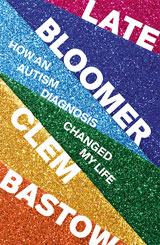 Late Bloomer: How an Autism Diagnosis Changed My Life
Late Bloomer: How an Autism Diagnosis Changed My Life
Clem Bastow, Hardie Grant
Cultural critic Clem Bastow’s candid, witty and generously vulnerable memoir reflects on her autism diagnosis, aged 36, and seeks to understand how autism has shaped her – while tracing the history of autism itself. She describes channelling her passion for music into a self-taught career as a music critic (modelling herself on Lester Bangs after watching Almost Famous), and then her movie obsession into being a screenwriter. Equally importantly, she shares her lifelong difficulty adapting to social environments, from school to workplaces, in visceral detail that takes the reader behind the “mask” many autistic women learn to wear. Beautifully crafted, deeply empathetic and illuminating.
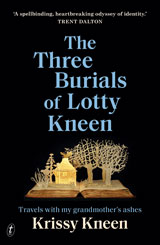 The Three Burials of Lotty Kneen
The Three Burials of Lotty Kneen
Krissy Kneen, Text
Krissy Kneen is an extraordinary writer, and this family memoir combines the musical cadence of fairytale with incisive detail and knife-sharp observation and reflection. Kneen’s elusive Slovenian grandmother Lotty (born Dragica), the dominant figure of her childhood, refused to share even the smallest details about her past while she was alive. After Lotty’s first burial, on the grounds of the castle she built in rural Queensland after winning the lottery (a failed fairytale tourist attraction), Kneen travels to Slovenia and then Egypt to unearth the truth about her grandmother – and the past that made them both. This marvellous book, rich with complex love, explores genetic and found family, buried trauma, and the legacy of secrets.
Jo Case writes InReview’s monthly Diary of a Bookseller column. She is a bookseller at Imprints Booksellers on Hindley Street.




